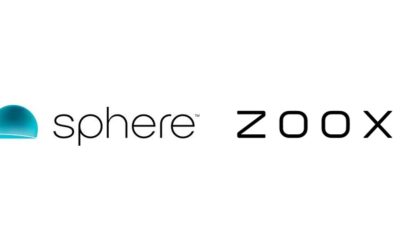Claiming a proposed law designed to protect consumers would be a disincentive to promoters, artists and sports teams, representatives from Live Nation Entertainment’s Ticketmaster and Hartford’s XL Center teamed up on February 25 to oppose Connecticut’s new bill on ticket resale.
The bill, No. 5228, calls for promoters, venues and others to disclose the number of available tickets for an event, and it prohibits anyone from stopping the resale of tickets.
During a public hearing before the state legislature’s General Law Committee, Charles Steedman, senior vice president and general manager of the XL Center said the bill could be a disincentive for promoters and artists to book events in the state because it would require them to disclose ticketing information they typically keep close to the vest. The XL Center is managed by AEG with ticketing services provided by Ticketmaster.
“This bill poses a real threat to live entertainment in Connecticut,” Steedman said, adding that Connecticut is often pitted against the New York and Boston markets for acts, and those areas often win. “Promoters and artists are taking an entrepreneurial risk when they put on shows, but this bill is a disincentive for them to bring events here because the state will be delineating or describing how tickets are distributed, and that will have an impact.”
Steedman said that bands with strong fan clubs might balk at playing in Connecticut because they would be required to disclose ticketing information, and sports teams which play multiple home games per season in the state would have difficulty constantly providing updated ticket availability information.
“This bill is a thinly veiled attempt to protect ticket resellers instead of consumers,” he said.
State Rep. Jim Shapiro, co-chairman of the General Law Committee, said that consumers tend to like open markets for the buying and selling of goods and services, and questioned how securing their right to resell tickets could be considered a bad thing.
“There are provisions in the bill that are helpful,” Steedman said, referring to passages outlawing the use of software ‘bots,’ automated programs that can defeat computer safeguards and make it easier for users to buy up large blocks of tickets. “But, it also helps ticket brokers know in advance how many tickets will be available for certain events.”
Don Vaccaro, CEO and founder of TicketNetwork, which resells tickets, said ticket transferability and transparency in the marketplace will be hugely beneficial to consumers.
“The main point of this is that consumers have clarity on what tickets are available, and that they know the price before they buy,” he said.
In materials he presented to the committee in support of the bill, Vaccaro outlined how in recent years several high-profile artists – Miley Cyrus, Keith Urban and Bruce Springsteen – and promoters have withheld tickets for fan clubs, sponsors and others, which left significantly fewer tickets available for the general public. But, those regular fans never knew it.
“Consumers win when they base their ticket-buying decisions on information that is readily available regarding events they want to attend,” Vaccaro said, adding that he had gathered support for the bill from secondary ticket search engine FanSnap, Connecticut ticket broker U.S. Ticket Search, NetChoice.org and eBay.
Joe Freeman, senior vice president and assistant general counsel for Ticketmaster, echoed Steedman’s sentiments, but also said the proposed law could hurt the company’s paperless ticketing technology because artists who want to close the loop of how and where tickets can be resold, or whether they can be resold at all, would not be permitted to control those aspects.
He said Miley Cyrus’ most recent tour used paperless tickets because she and her handlers did not want tickets to be resold on the secondary market.
“What this bill will prevent is an event provider from ever barring transfer of tickets,” Freeman said. “We recognize there is a need for the secondary ticket market, in fact we own one of the nation’s largest [TicketsNow]. But having said that, there is an unscrupulous part of the business, and paperless ticketing puts the power back in the hands of artists and fans.”
TicketNetwork is the parent company of TicketNews.


